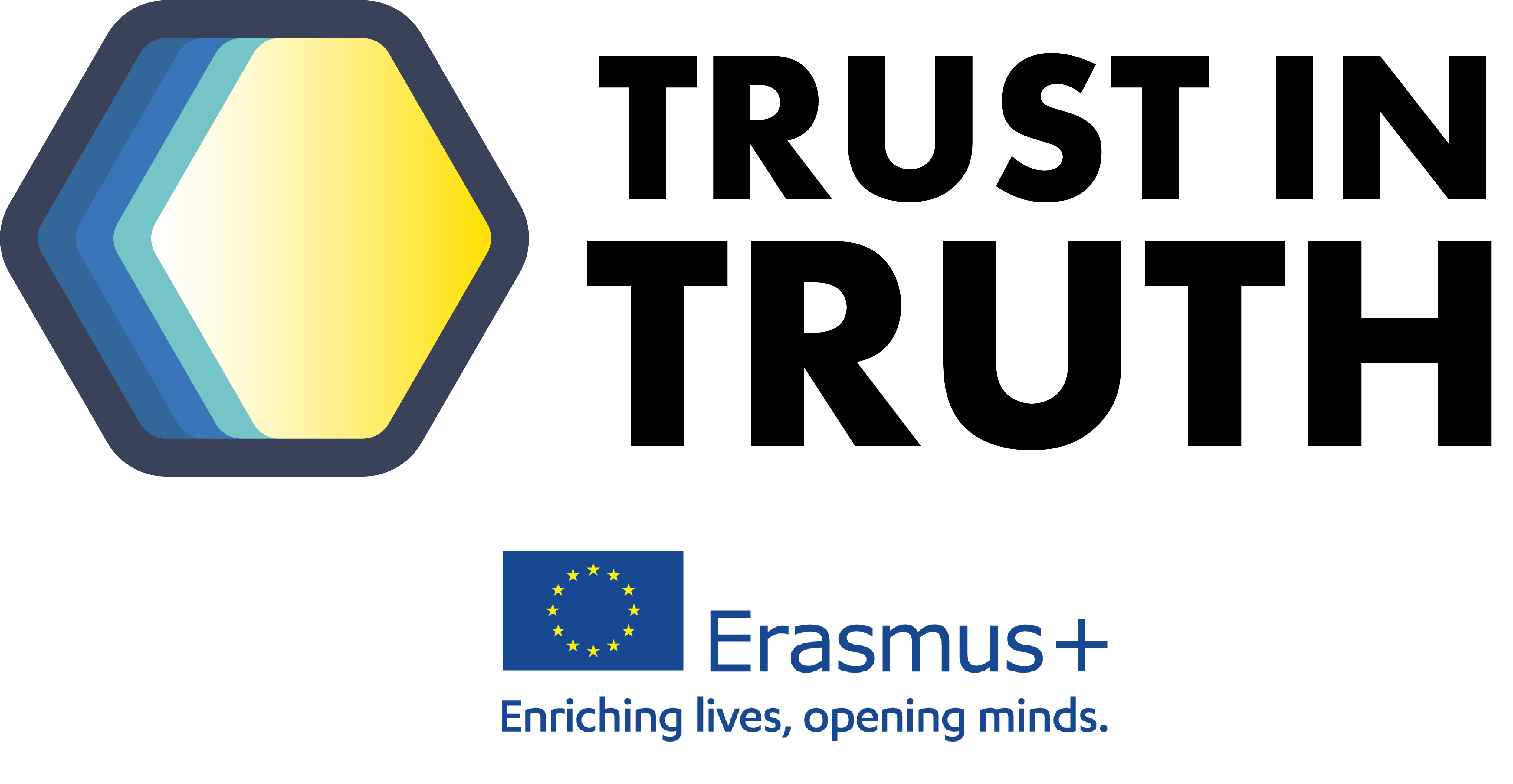Young people across Europe today are facing diverse challenges; youth work, in all its forms, can serve as a catalyst for empowerment. Consider the current COVID-19 outbreak. Never has the need for digital literacy and digital connections been more apparent. With uncertainty and unease, many young people study from home. In this context, digital skills development needs to be prioritised. The NGOs, SME and other education providers, especially grass-root CSO, need to develop strategies to support youth workers and front-liners in taking a comprehensive look at digital literacy within their curriculum. This will allow the educational sector to support young people with a complement of skills that will help them get on in life.
Youth workers need to address the skills gap and increase knowledge and competence in digital literacy. This project accomplishes this by investing in youth workers and their organisations through the creation of a curriculum and Web-app – a set of solutions for digital literacy training. The more digitally literate youth workers that will employ these skills in the youth work setting, the stronger the sense of digital citizenship in their target groups.
However, the importance and scope of digital literacy extends beyond. We want youth workers and young people to gain a deeper level of understanding when faced with problems online. Youth workers need to learn how to teach young people to evaluate and question their online sources. While today’s younger generation may be made up of digital natives, they still need to be taught that social norms apply to online behaviour. Youth organisations should be able to set strategies for digital literacy. Young people must know the difference between a trustworthy and untrustworthy source. Once they master the informal logic approach, it will significantly increase their ability to analyse media content and draw their own conclusions. Young people will gain a deeper understanding of the information they have found. Digitally literate youth workers can contribute to close the digital divide and advocate for change and seek innovative solutions by using the project results.
The curriculum, coupled with the Web-app, will serve to enable the differentiation in the youth work setting in order to meet the needs of all learners. The Web-app enables front-liners to give their target groups a choice in the kind of activities they take part in. It is especially important in diverse youth work settings in which young people are bringing different cultures and social backgrounds into the mix. Hence, the youth workers need to make thoughtful cultural platforms and appropriate technology choices. In this way, youth workers will be able to address real-world problems and make learning accessible for youth of all backgrounds. As youth workers master digital literacy with their educational activities, they can collaborate with peers to share technology and work towards improving the learning outcomes of their target groups.
Youth workers need to know how to inspire students to use today’s technology as a powerful toolset to expand their digital conceptions and, consequently, their learning opportunities.
The project is financed by Erasmus+ programme.
Project no.: 2021-1-DE04-KA220-YOU-000030309
Partners:
- European Youth4media Network Ev (Germany)
- Arbeitskreis Ostviertel e.V (Germany)
- Social Youth Development, Κ.Α.ΝΕ. (Greece)
- Mitra France (France)
- Petit Pas (Italy)
- Indepcie SCA (Spain)
- Eesti People to People (Estonia)
Duration: 01/03/2022 – 29/02/2024
Website: TBA
Social Media Channels: TBA



Leave Your Reply